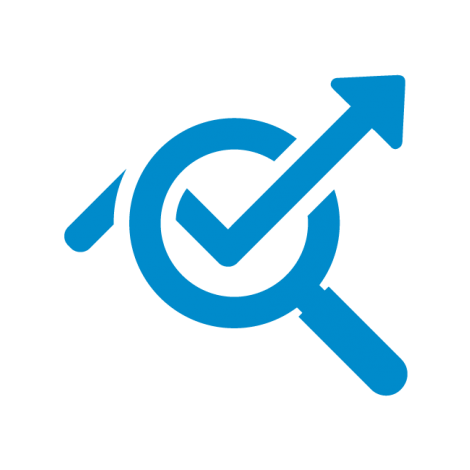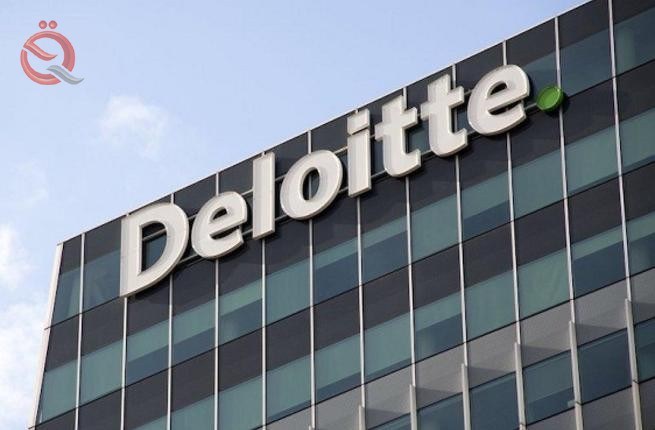By Ahmed Mousa Jiyad.
Any opinions expressed are those of the authors, and do not necessarily reflect the views of Iraq Business News.
Iraq Extractive Industry Transparency Initiative Issues its latest Annual Report
Iraq Extractive Industry Transparency Initiative (IEITI) issued a few days ago its latest annual report, it is about 2017 and it is the ninth since formation of IEITI. Ernst & Young (EY) was contracted to prepare the report; EY prepared IEITI annual reports for 2011, 2012 and 2016.
The report was issued as per the deadline set by EITI, and was issued a few months after EITI reinstates Iraq status as a compliant country; the suspension took effect in October 2017. Hence and as expected, the report was aimed at addressing issues that led to the suspension and also testifies the concerted efforts by Iraqi authorities, particularly IEITI to attaining that objective.
The annual report was released, for the first time, rather simultaneously in Arabic and English; both texts were posted on IEITI website. The report is long (154 pages) comprises seven section, executive summary, introduction by IEITI’ CEO and four annexes.
In preparing this review I used the English version with crosschecking the Arabic when necessary.
As I did in my reviews of all previous reports, I went thoroughly through the report and made many remarks on its methodology, findings, data, narratives as well as substantive and format maters.
To begin with, most narratives of the current report is repetition, mostly copy & paste, of 2016 report and its “Annex” that was released early 2018 except, of course, the data relating to 2017. The remarks on the current report are detailed and many; they are thematically grouped in the following categories:*
- One: Weak quality control of data and information;
- Two: Confused and inconsistent methodology;
- Three: Data reconciliation;
- Four: Data discrepancies;
- Five: Annual comparison;
- Six: Information and data that need re-checking and correction;
- Seven: KRG data and information;
- Eight: The mining sector.
Considering the finding of the review, it becomes necessary to address these findings, check the accuracy and relevance of data and information, revise the entire report and produce a new version.
* Summary of the review was written in Arabic and was circulated within my network of contacts.
Mr Jiyad is an independent development consultant, scholar and Associate with the former Centre for Global Energy Studies (CGES), London. He was formerly a senior economist with the Iraq National Oil Company and Iraq’s Ministry of Oil, Chief Expert for the Council of Ministers, Director at the Ministry of Trade, and International Specialist with UN organizations in Uganda, Sudan and Jordan. He is now based in Norway (Email: mou-jiya(at)online.no, Skype ID: Ahmed Mousa Jiyad). Read more of Mr Jiyad’s biography here.


